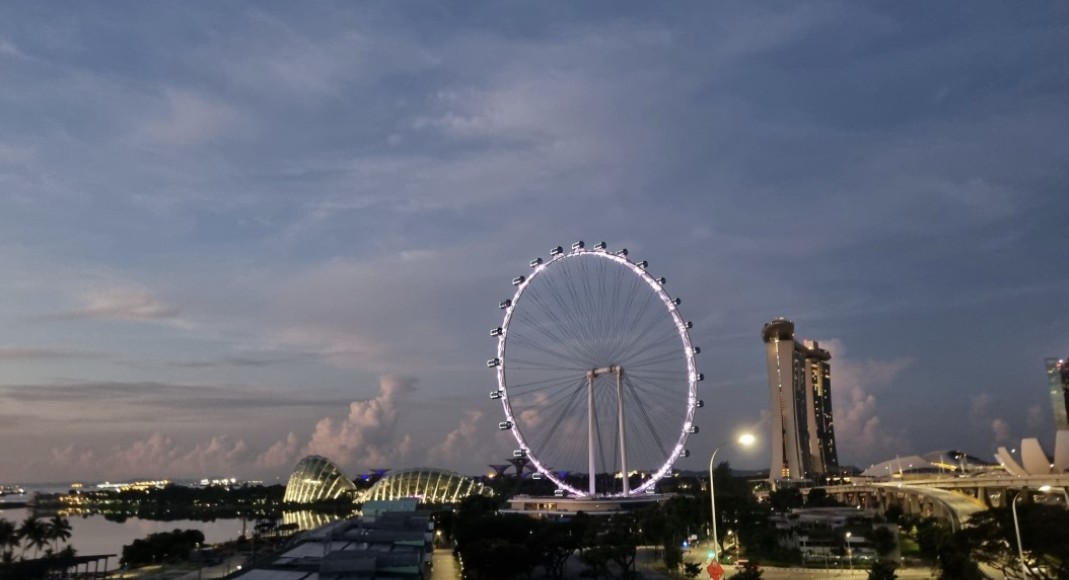As recession fears rise, and risk free rates drop, S-REITs could benefit, JP Morgan says
 As recession risks rise to 40%, Fed could have at least 2 rate cuts, benefitting S-REITs borrowing costs while widening yield spreads could trigger a REIT rally
As recession risks rise to 40%, Fed could have at least 2 rate cuts, benefitting S-REITs borrowing costs while widening yield spreads could trigger a REIT rally
Although S-REITs are an unlikely place to "hide" during a recession, JP Morgan reckons that a faster than expected 31% drop in 6-month Singapore benchmark rates and lower 1-month Sora down 100 bps to 2.4% may see investors rotating to defensive yield plays. Against this background, JP Morgan is expecting a 15% upside to the S-REITs Sept 2024 highs.
"There is further potential for lower rates, as JPM and the Street are expecting two/three Fed rate cuts by end-2025, with our economists highlighting a 40% risk of a US recession this year. We estimate a 4% upside to S-REITs’ DPU for every 100 bps fall in floating rates, and anticipate that S-REITs will revise down borrowing cost guidance. Yield spreads of 340 bps, the highest level since March 2022 which triggered a rally then, is also supportive," JP Morgan says.
Its top picks are Singapore-focused names including CapitaLand Integrated Commercial Trust C38u, CapitaLand Ascendas REIT A17u, Keppel DC REIT, Frasers Centrepoint Trust J69u and laggards such as Mapletree Logistics Trust M44u.
S-REIT borrowing costs should trend down with two-thirds of S-REITs at or above stabilised borrowing costs, JP Morgan reckons. In particular, lower floating rates should benefit S-REITs with a high proportion of floating rate debt, such CDL Hospitality Trusts J85, and those with a larger share of SGD-denominated debt, such as Frasers Centrepoint Trust where borrowing costs could trend lower than the manager's guidance.
Additionally, coupons for S-REIT bonds have fallen to a three-year low of 3.2% from reduced spreads and a drop in 3-year swap rates.
S-REITs are relatively more attractive with yields at 6.3% compared to bank yields at 6.2%, according to JP Morgan. To this, the caveat has to be added that banks pay out 50% to 60% of their earnings compared to S-REITs minimum payout of 90% of distributable income.
But, alternatives, including Singapore’s 6-month T-bill rates have fallen to 2.75%, and the 10-year bond yield is at 2.7% as of March 10. A widening yield spread could also trigger an S-REIT temporary, no matter how temporary.
免责声明:投资有风险,本文并非投资建议,以上内容不应被视为任何金融产品的购买或出售要约、建议或邀请,作者或其他用户的任何相关讨论、评论或帖子也不应被视为此类内容。本文仅供一般参考,不考虑您的个人投资目标、财务状况或需求。TTM对信息的准确性和完整性不承担任何责任或保证,投资者应自行研究并在投资前寻求专业建议。
热议股票
- 1
- 2
- 3
- 4
- 5
- 6
- 7
- 8
- 9
- 10